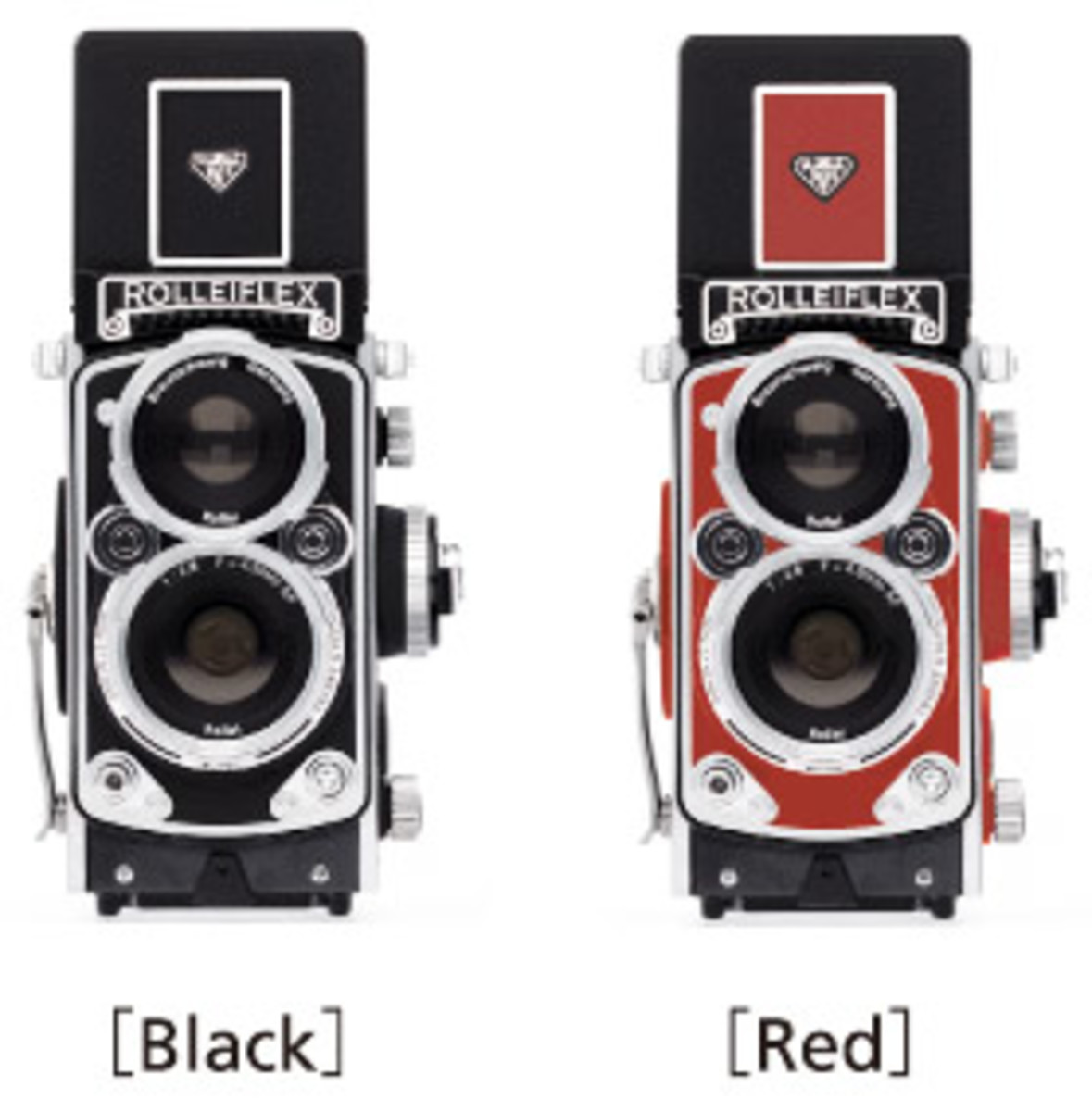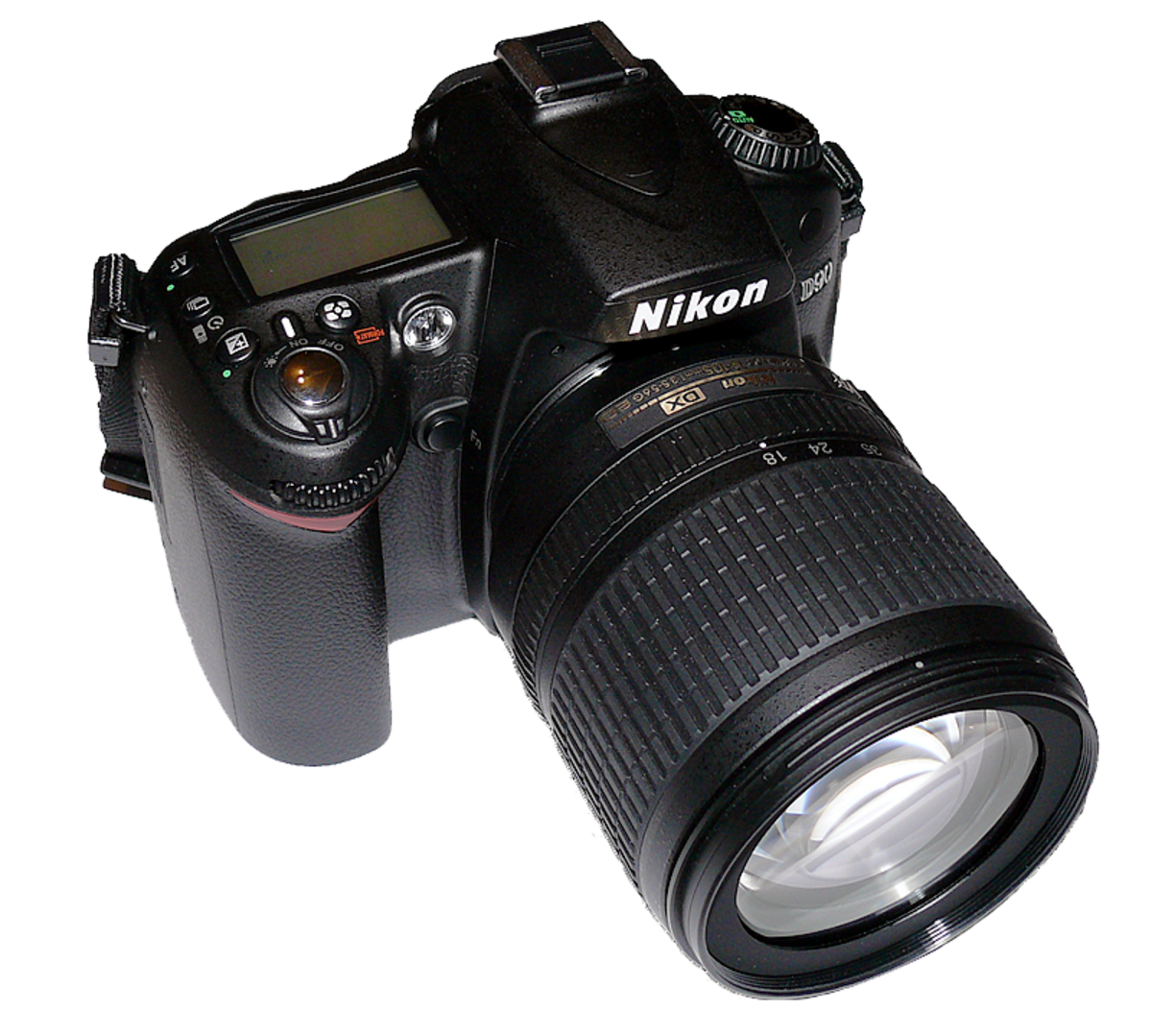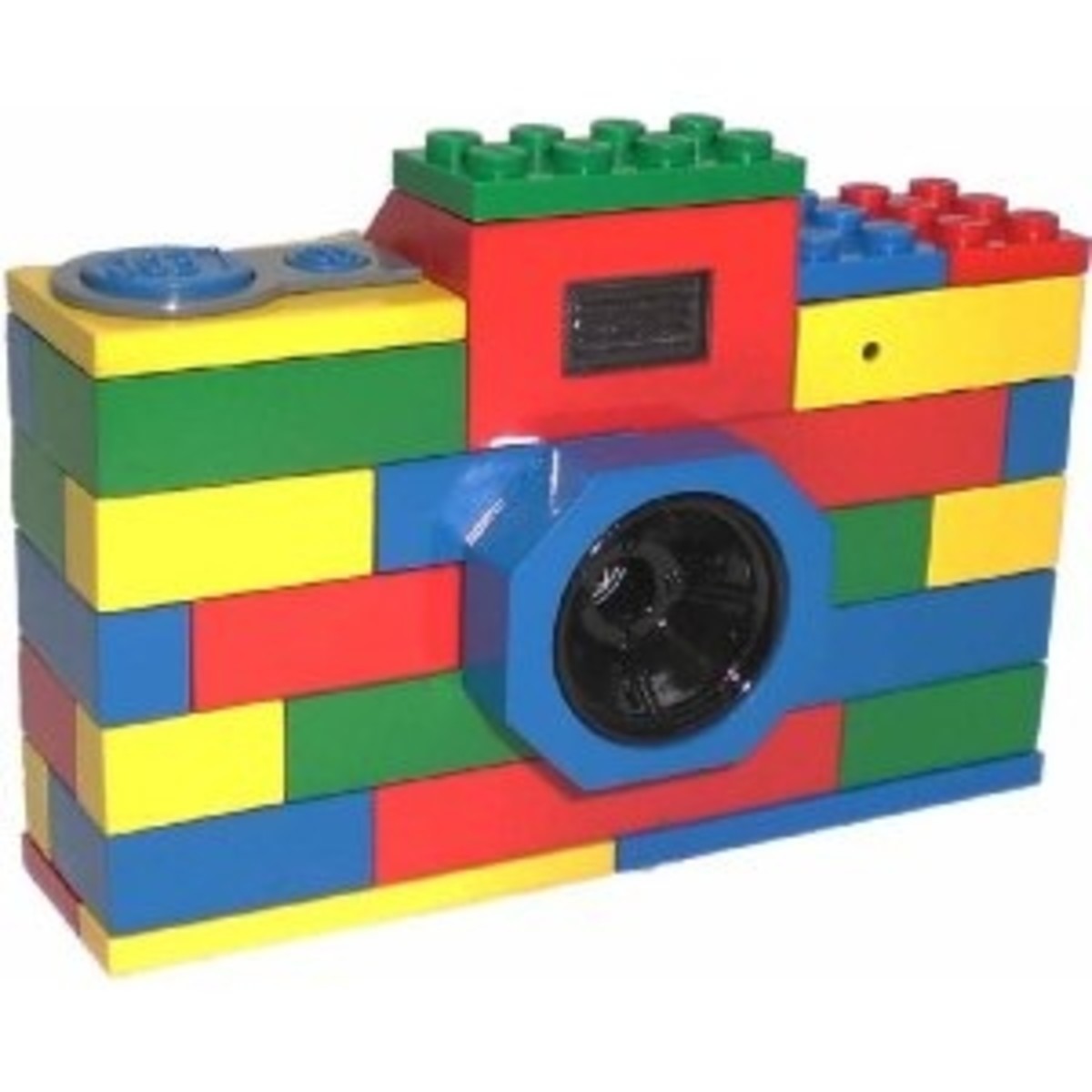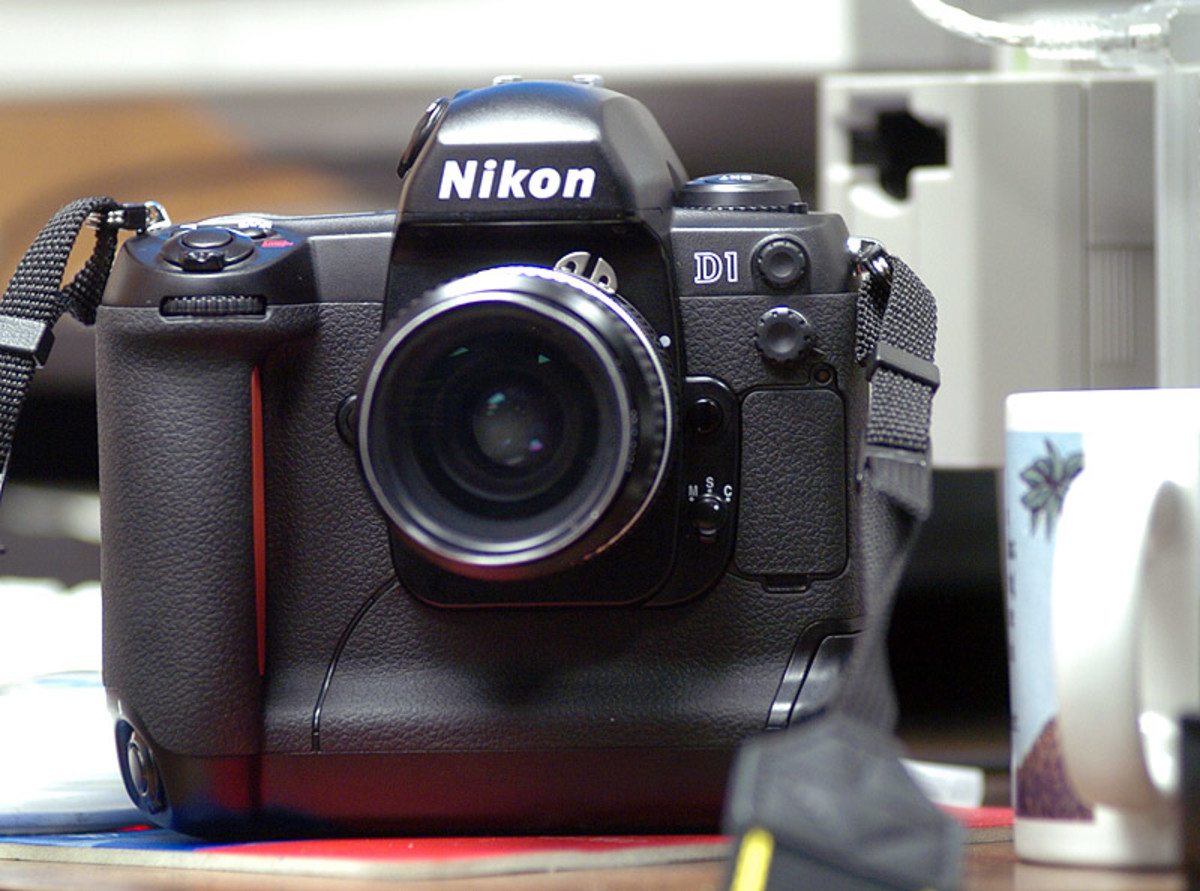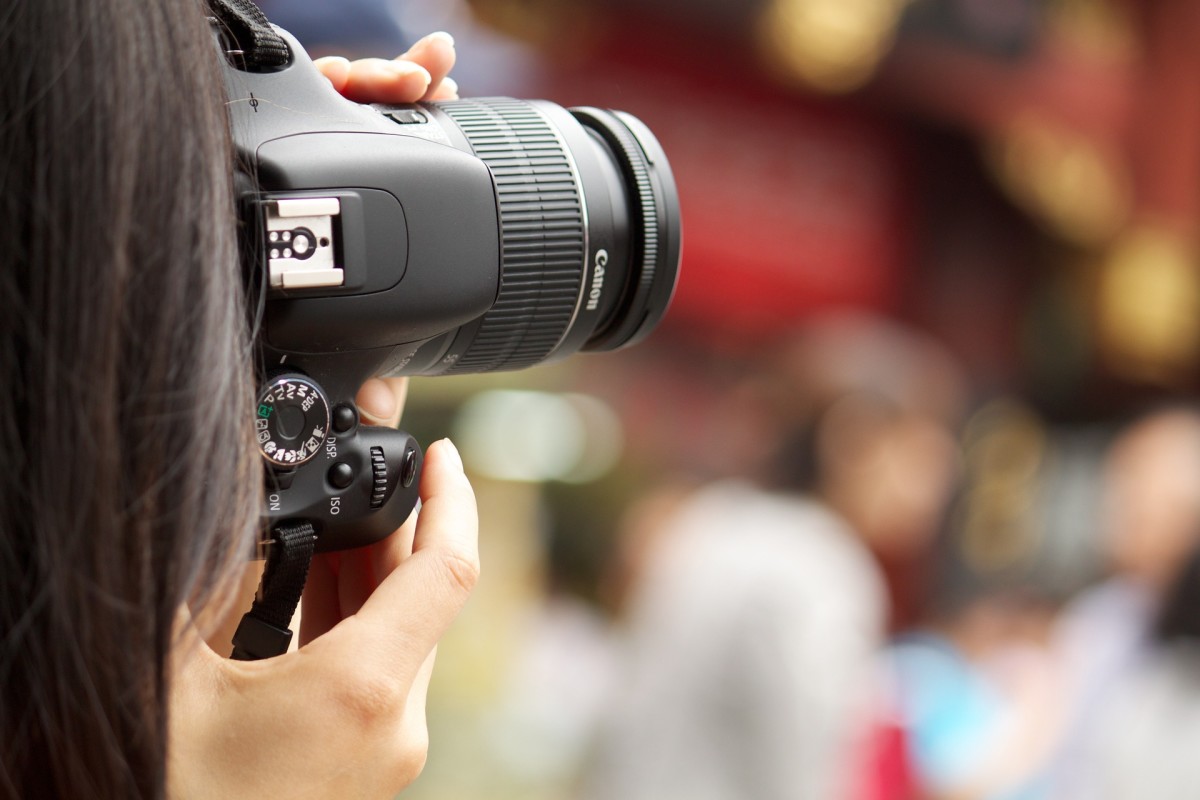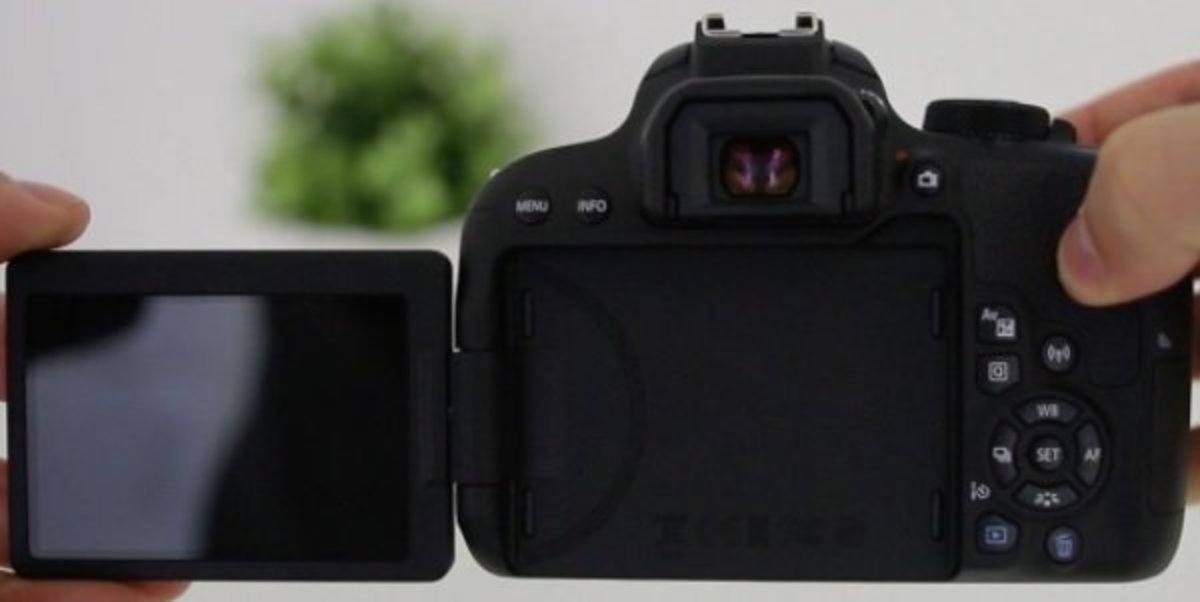- HubPages»
- Technology»
- Consumer Electronics & Personal Gadgets»
- Portable Electronics
Choosing a Digital Camera
The Digital Camera is a Revolutionary Product in Photographic History
Choosing a digital camera has taken on a whole new meaning recently because the digital camera has presented a whole new world of options for all of us. This article's purpose is to present some of the options with pros and cons to make it easier for the camera buyer to make an educated choice.
Your story may not be the same as mine, but prior to the digital era, I would put a roll of film into the camera to take pictures of our baby's first birthday. When he was 3 years old, I finally completed the roll and took it down to the local photo lab to have the pictures developed, only to discover that the roll had been exposed somehow and there were light spots on every print.
Times have changed. I can now take a photo and preview it instantly in order to make a decision about whether to reshoot or keep the picture just taken. That is really the feature that hooked me on digital photography. Since the day I purchased my first Casio 3-megapixel camera and realized I could take as many horrible pictures as my photographically challenged fingers could snap and not have to pay for a single print, I was hooked! I deleted many more pictures than I kept. But the key is that I take exponentially more photos than I did with a film camera, and even I get lucky every once in awhile. I now have literally thousands of images stored on 2 computers from 3 different cameras that I have owned over the past 5 years, and they have not cost me one cent that I didn't know the outcome of before I made the decision to print. It has been a totally liberating experience.

Nuts and Bolts of Digital Camera Choices
There are basically three types of cameras to choose from. Well, ok, maybe cell phones are considered digital cameras by some, but that is another discussion. And there are some very high end cameras that are used by professionals called medium format and full format cameras, but they are totally out of my sphere of knowledge, so I will not be addressing them at all. The three types of cameras are:
- Basic Digital Camera
- Prosumer Digital Camera
- DSLR - Digital Single Lens Reflex Camera
Basic Digital Cameras | Prosumer Digital Cameras | DSLR Camera
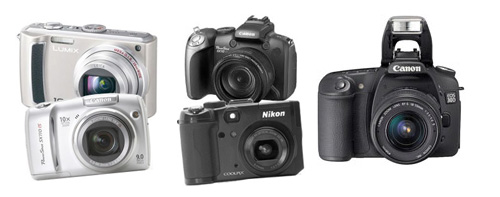
Basic Digital Cameras (aka Point-and_shoot)
Basic digital cameras are just that - basic - no fuss, no muss. The camera does most of the work. In fact, camera companies have made these basic digital cameras not so basic anymore. The camera is capable of deciding which mode to shoot in, whether low or high light. It can decide whether there are people involved and focus on the faces. It can remove red-eye when using the flash, and even decide if a flash is needed. The technology of a basic digital camera is amazing. If you are going to shoot pictures to store on your computer or on the Internet, or you want to print out normal 4x6 prints from your local print lab, this is a perfect choice. But even if you do decide you want an 8 x 10 print of some fantastic photo of your pet canary, you can do it because many of the basic cameras now have 8-10 (or more) megapixels of information being recorded.
So, the main attraction to the Basic Digital Camera is probably that they shoot photos without much thought or set up, which is why they call 'em Point-and-Shoot cameras. Oh yes, I did forget to mention that these little gems of technology are also the least expensive of the three camera types. I paid over $300 for my first little Olympus 3mp camera. Now, the basic camera sports 6-10 mp and costs as few as 100 American dollars. There are some Point-and-Shoot digital cameras that cost a bit more, however, like the one in the review video below :-).
Canon Powershot SX200 IS - A new addition from Canon
Prosumer Digital Cameras
Prosumer Camera is not a term that usually gets bandied about in normal conversations. A prosumer is the camera that one would purchase if they want to have control over camera settings, but they do not want to, or have the finances to purchase the additional lenses and equipment necessary for the DSLR camera. All of the major camera manufacturers have a prosumer model.
In general, the prosumer digital camera has three things that set it above the basic compact digital camera. First, the resolution and lens quality is better than most basic digital cameras. Secondly, there is much more control over the camera settings. Lens quality refers to the quality of optics and lens construction. And finally, the prosumers generally have a sturdier design or construction than the basic digital cameras.
The prosumer camera is a good choice for professionals as a camera they can always have on hand without carrying the "shop" with them. And it is a great camera for amateur photographic enthusiasts, or those aspiring to learn more and get more serious about their hobby. My second camera was a Minolta Dimage7 which fit into the prosumer category.
Proud Goldfinch - shot with a Canon 30D SLR

Canon Digital Rebel xti
Canon Digital Rebel 450D XSi - an amazing camera!
DSLR Cameras
DSLR stands for Digital Single Lens Reflex. Cool, huh? It really stands for more features and control. THE most desirable feature is the ability to change lenses, which gives the photographer the most flexibility of the three camera types. You can choose the lens that is the best for your shot, whether it be a wide angle lens for landscapes, a medium range lens for portraits, or a long range lens for capturing a bird in flight or your favorite receiver making a great catch from 50 yards away.
Another pluss of a DSLR camera is the ability to "see" the photograph through the viewfinder exactly as it will appear in print. This is not always true with the other cameras when you view the image using the LCD panel at the back of the camera. On the other hand, some consider this a negative, too, because there is no preview of the shot on the LCD panel of a DSLR. You must view through the lens (viewfinder). Here is a list of pros and cons of this type of camera.
Pros of DSLR Cameras:
- Ability to change lenses and add flash units
- Complete range of exposure and metering modes
- Through the lens viewing
- Shoots continuously up to 6 frames per second
- No Shutter Lag (I consider this huge)
- Highest ISO range capablilites for low light situations
- Largest range of file formats including TIFF and RAW
Cons of DSLR Cameras:
- Larger and more expensive
- No LCD viewing screen to preview pictures before shooting (although some of the newer DSLR cameras, such as the Canon Rebel 450D XSi shown in the video has a very nice LCD review screen)
- Sensor may need more cleaning because removing lenses allows dust into the camera
- Heavier with much more equipment to carry
I have graduated to a Canon DSLR camera. I must say that it has been a learning curve, but it is a learning curve that I have enjoyed tremendously. If you are really interested in taking the best possible pictures, you should consider a DSLR.
Good Advice about Buying a Digital Camera
Favorite Hubs
- Buy a Canon 70-200mm Lens
Canon's EF 70-200mm Lens is considered by many to be it's flagship lens. Do you have one in your camera bag? There are actually four different lenses made by Canon in this focal length. Here is the list: ... - Calendar Photos
I have been toying with the idea of making a calendar, but since I didn't make it (see my Hub about Beating Procrastination), I am just going to share them here. There is something about the majesty of God's...
Camera Reviews - great sources for information before you buy.
- Imaging Resource - Over 500 digital cameras reviews!
All the best digital camera reviews with full specs, photo galleries, test images, and more! - FM Reviews - Main Index
Fred Miranda's Photography Site: I check this site before I buy any photography equipment! - dpreview: Digital Camera Reviews and News
Digital Photography Review: find the link for Camera Database on the left side and choose the Manufacturer of your choice. A very reliable source, and very detailed reviews. - ephotozine: Digital camera reviews and comparisons
ephotozine: another Digital Camera review site - Steve\'s Digicams - Camera Reviews
A complete listing of all of Steve's Digicams reviews of digital cameras - Digital Photography School: Popular Digital Cameras and Gear
Digital Photography School also has many useful tutorials about settings and photographic techniques. - Onexposure - 1x.com - In pursuit of the sublime
A photography montage of excellent photos. - The Way EYE See It - This is my personal photography website
Photography with a different perspective.
Recommended Digital Cameras


